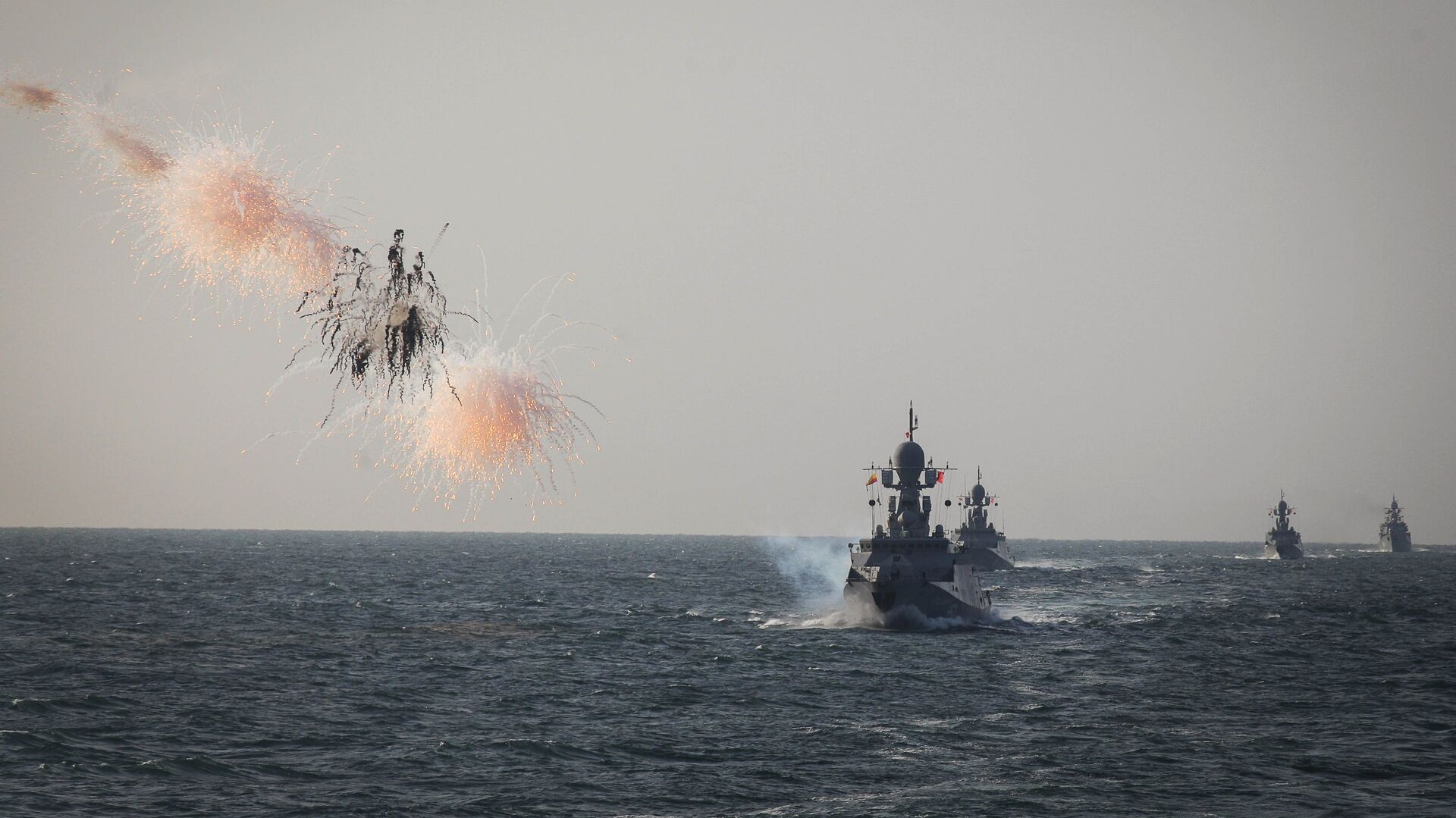ACCUSED FORMER NAVY OFFICER SUFFERS LEGAL SETBACK.
ACCUSED FORMER NAVY OFFICER SUFFERS LEGAL SETBACK.
Aleksandr Nikitin, a retired Russian naval officer facing treason charges for his participation in an environmental study, suffered yet another setback yesterday when Russia’s Supreme Court rejected an appeal that the charges against him be dropped. Nikitin was arrested in February 1996 on charges of espionage for his contribution to a study–published by the Norwegian environmental group Bellona–which described the dangers posed by the stored nuclear wastes of Russia’s Northern Fleet. Nikitin claims that the sources he used in compiling his contribution to the Bellona report came from public sources. Russia’s Federal Security Service (FSB)–the domestic successor to the Soviet-era KGB–has tried to prove that Nikitin used classified sources. More specifically, Nikitin has been charged with violating unpublished Defense Ministry decrees which his lawyers saw for the first time when Nikitin’s trial began last October (AP, February 4).
Yesterday’s Supreme Court action backed a decision made by a St. Petersburg judge during last October’s trial. The judge had ruled that prosecutors failed to compile adequate evidence against Nikitin. Although that decision was viewed as a partial victory for Nikitin, the case against the retired captain was kept open and Nikitin remained under house arrest (see the Monitor, October 21, November 3). The FSB, meanwhile, was given the opportunity to come up with new evidence against Nikitin.
Since that time, and with an eye on the court decision saying that authorities had failed to prove their case, lawyers for Nikitin appealed to have the charges against him dropped altogether. Yesterday Nikitin’s supporters and human rights advocates expressed their unease over the latest Supreme Court decision. A Russian representative of Amnesty International reportedly said that “we are very concerned that the Supreme Court, the highest body in the country, is backing up the [earlier] decision, given the lack of substantial evidence [against Nikitin] and the overwhelming doubt that the FSB can find new evidence.” She also said that yesterday’s decision suggests that the FSB is able to influence the Supreme Court. The FSB is “keeping Nikitin in legal limbo, like in the Soviet system when a case could go back and forth for additional investigations indefinitely” (Reuters, AP, Russian agencies, ORT, February 4).
Indeed, both the timing and the outcome of yesterday’s decision will certainly raise broader questions about Russia’s observance of human rights–particularly with regard to military secrets. Earlier this week, Amnesty International protested what it charged was an attempt by Russian authorities to deny proper legal representation to another military whistle blower who faces treason charges. Like Nikitin, Captain Grigory Pasko is being tried for his efforts to uncover dangers related to the Russian navy’s disposal of nuclear wastes, though his investigations dealt with the Pacific rather than the Northern Fleet (see the Monitor, February 2).
The two cases have a more immediate and troubling personal dimension than the broader human rights implications. Pasko’s family has already expressed its concern over his ability–even if he is found innocent–to survive a long trial while incarcerated in one of Russia’s overcrowded and disease-ridden prisons. Nikitin, who was imprisoned for ten months following his arrest, expressed similar concerns yesterday over his own possible return to prison. “The thing which really worries and troubles me is that the investigation could now stretch on for a long time, without an end,” he said (Reuters, AP, February 4). Nikitin’s wife and child are now living in Canada. He has refused to consider proposals that he also emigrate there.
RUSSIAN SPACE EXPERIMENT FAILS.


